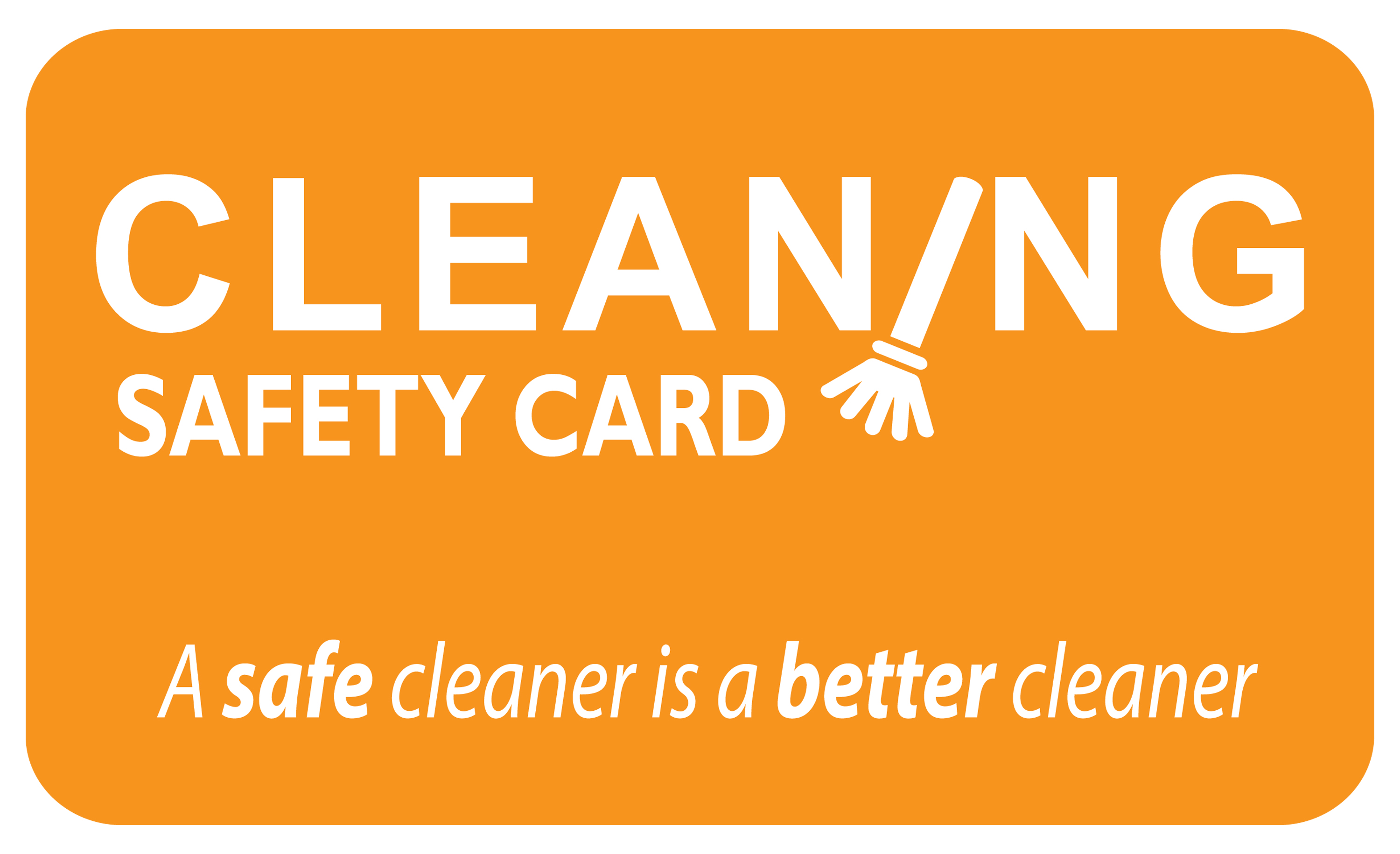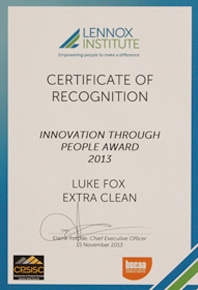It may be a dangerous, germ-filled world out there, but with your little bottle – Antibacterial Cleaner, you can stroll worry-free through it… or so you may think.
The anti-in antibacterial
The problem about our obsession with killing germs, some scientists and public health advocates warn, is that it may ultimately do us more harm than good. Chief among those skeptics is microbiologist Stuart Levy of Tufts University School of Medicine, president of the Alliance for the Prudent Use of Antibiotics (APUA). Levy’s research has led him to question why “antibacterial ingredients, once successfully used to prevent transmission of disease-causing micro-organisms among patients, particularly in hospitals…are now being added to products used in healthy households. Even though, an added health benefit has not been demonstrated”. That’s happening, Levy says despite several “potential negative consequences” of these products, including weakening the immune system, which could lead to a greater chance of allergies in children, and a possible link to the emergence of antibiotic resistance. The very problem, that is making some diseases, such as methicillin-resistant Staphylococcus aureus, MRSA, so difficult to treat.
Good Old Soap
Plain old soap relied primarily on animal and vegetable fat for its chemistry, and its cleaning power came essentially from its ability to create suds and lather, as the soap molecules formed a thin film around dirt, allowing it to be washed away under running water. Down the drain go not only bacteria but also viruses, such as those that cause the common cold. Compounds like chlorine, alcohol and peroxide (which kill immediately and at random rather than inhibiting the growth of bacteria) were often added to give soap extra cleaning kick. Those products are also commonly found in wet wipes. Adding specifically antibacterial agents seemed a natural next step. Levy and other scientists don’t dispute that these chemicals can kill bacteria, they argue there’s no evidence they do any good. What’s more many illnesses such as flu and the common cold, which prompt people to wipe down telephone handsets and doorknobs, are caused not by bacteria but by viruses and antibacterials can’t slow a virus at all.
What About Resistance?
While the arguments continue over whether antibacterial soap does any good, there’s a second concern over whether it may actually do harm. “Evidence is accumulating”, Shoham says,” that chemicals used in antimicrobial soaps may be causing bacteria to become more resistant to commonly used antibiotics. Antibacterial products leave residues where they are used. They linger and continue to kill the bacteria, but not effectively or randomly. The naturally stronger bacteria that survived the initial assault develop new defence mechanisms against the chemicals. This selection process gives rise to a new generation that is resistant to the offending compounds. Certain bacteria also develop “cross-resistance”, transferring their new and improved defences to bacteria fighting other types of antibiotics. This is essentially the same scenario as the emergence of drug resistance from the overuse of antibiotic medications.
The Good Go Too
Some bacteria are bad for us, but some are good. The antimicrobial kills both. And when the good bacteria are gone, there’s more room for the bad bacteria to grow, raising our risk of becoming sick. Besides, a germ -free environment may actually weaken our immune system, some critics say.
The Takeaway
If you’re worried about MRSA, E. Coli, SARS, influenza or simply the common cold, you know you should wash your hands thoroughly, plain soap and water will do.



